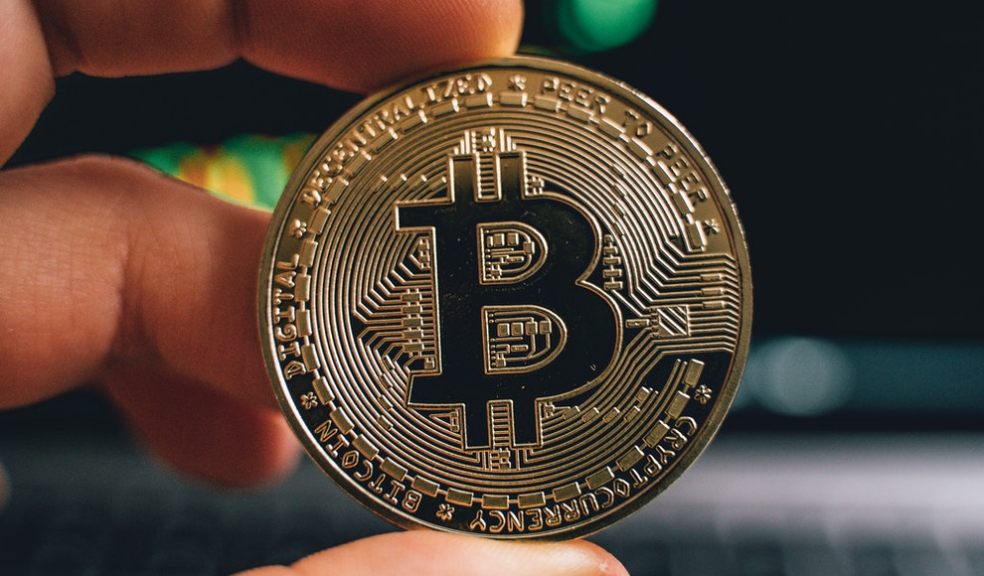
Bitcoin and the Future of Cryptocurrency
Introduction: What is Bitcoin and How Did it Start?
Bitcoin is a digital currency that was created in 2009. It is the first and most well-known cryptocurrency. Bitcoin is unique because there are a finite number of them: 21 million.
Bitcoin started out as an idea by an anonymous person or group of people who go by the name Satoshi Nakamoto. They released a paper in 2008 about a new type of digital currency that didn’t rely on any central authority to control it. There are many bitcoin trading platforms such as Quantum AI that are helping many bitcoin trader for gaining profits.
The first Bitcoin transaction took place in 2010 when a programmer named Laszlo Hanyecz paid 10,000 bitcoins for two Papa John’s pizzas. At the time, that was worth about $25.
How Does Bitcoin Work?
Bitcoin works differently than traditional currency. There is no physical bitcoin currency. Instead, bitcoins are digital and they are stored in a digital wallet. Similarly, other cryptocurrencies, like XRP, offer unique digital solutions and are subject to market fluctuations, which can be tracked through xrp news today.
Bitcoins are created through a process called “mining”. Miners are people who use computers to solve complex mathematical problems in order to verify transactions on the blockchain. When a miner solves a problem, they are rewarded with bitcoins. This helps to ensure that the Bitcoin network remains secure.
How Can I Use Bitcoin?
Bitcoins can be used to purchase goods and services online. They can also be traded for other cryptocurrencies or traditional currency.
Bitcoin has become increasingly popular in recent years. In 2017, the value of bitcoin reached $20,000. However, its value has since dropped significantly. As of February 2019, one bitcoin is worth about $3,600.
Despite its volatility, Bitcoin is still a valuable asset and is likely to remain so in the future. Many experts believe that Bitcoin and other cryptocurrencies will play a major role in the future of online payments.
The Pros & Cons of Bitcoin in 2022
Bitcoin has seen a massive increase in value since it first came onto the scene in 2009. In 2022, its value is likely to continue to rise, although there are some potential risks that could affect its price.
Here are the pros and cons of Bitcoin in 2022:
Pros:
1. Bitcoin is a digital currency that is not controlled by any government or central bank. This gives it a lot of independence and security.
2. Bitcoin is very fast and easy to use. Transactions can be completed in just a few minutes.
3. Bitcoin is deflationary, meaning that its value tends to increase over time. This makes it a good investment option.
4. Bitcoin is secure and difficult to hack. This makes it a good choice for online transactions.
Cons:
1. Bitcoin is not as widely accepted as other forms of payment, which can limit its usefulness.
2. The value of Bitcoin can be quite volatile, meaning that its price can go up or down quickly.
3. Bitcoin is not regulated by any government or financial institution, which can make it risky to use.
Overall, Bitcoin is a promising currency that has a lot of potential for growth in 2022. While there are some risks associated with it, the pros outweigh the cons for most people. If you are thinking about investing in Bitcoin, be sure to do your research and understand the risks involved.
Bitcoin on Mobile Devices – A Necessity or a Luxury?
The popularity of Bitcoin and other cryptocurrencies has surged in recent years, with more people than ever before investing in digital currencies. One of the main reasons for this is the growing number of mobile devices and apps that make it easy to buy and sell cryptocurrencies.
Despite this surge in popularity, there is still some debate over whether Bitcoin and other cryptocurrencies are a necessity or a luxury. On the one hand, they offer a way to store value and make payments without the need for a third party, which can be very useful in countries with unstable economies. On the other hand, their high price volatility means that they can be seen as a luxury item by many people.
Ultimately, whether or not Bitcoin and other cryptocurrencies are a necessity or a luxury depends on your individual needs and circumstances. If you live in a country with a stable economy and you don't need to use cryptocurrencies for payments, then they may be seen as a luxury item. However, if you live in a country with an unstable economy or if you need to use cryptocurrencies for payments, then they can be seen as a necessity.
Conclusion: What Does the Future Hold for Bitcoin?
Bitcoin is still a relatively new form of currency, and its future is uncertain. However, there is no doubt that it has the potential to revolutionize the way we pay for things online.
Despite its volatility, Bitcoin is still a valuable asset and is likely to remain so in the future. Many experts believe that Bitcoin and other cryptocurrencies will play a major role in the future of online payments.
As more people become familiar with Bitcoin and other cryptocurrencies, their popularity is likely to continue to grow. So far, there has been no major security breach or scandal associated with Bitcoin, which suggests that it is a reliable form of currency.
In short, while it is impossible to predict exactly what the future holds for Bitcoin, there is good reason to believe that it will continue to be popular and valuable for years to come.



















